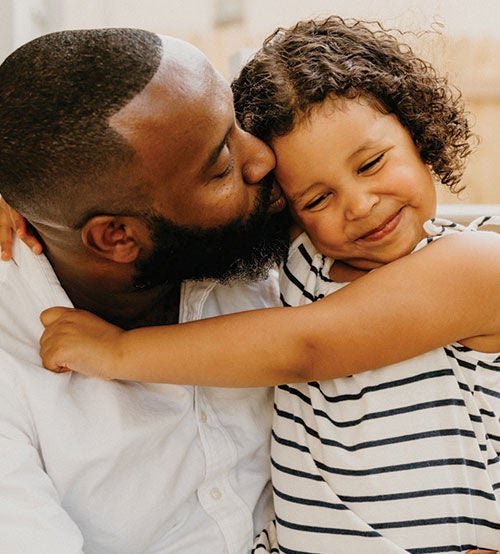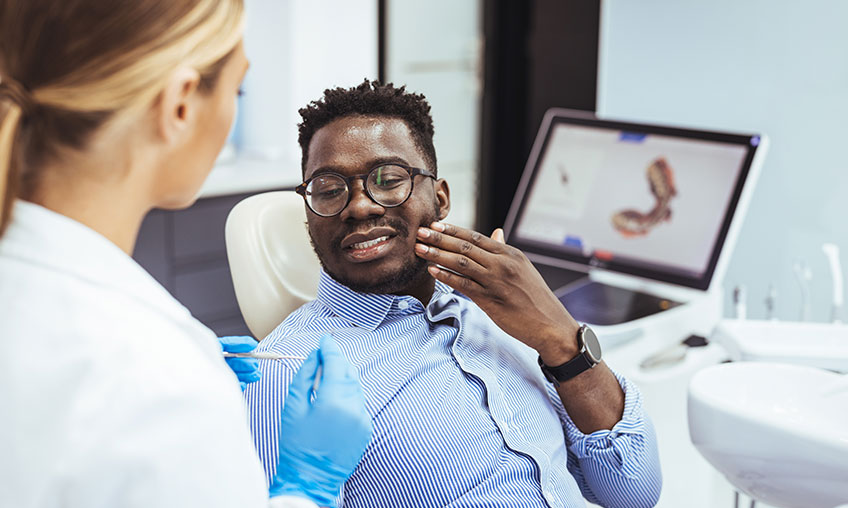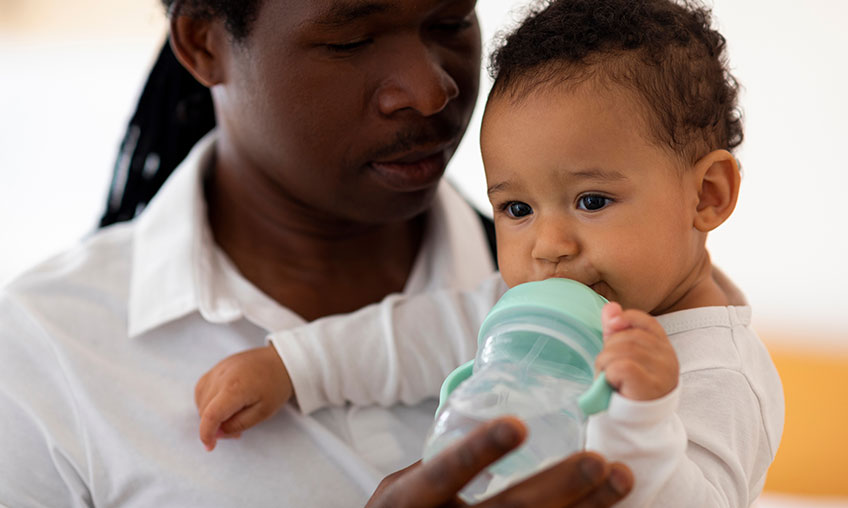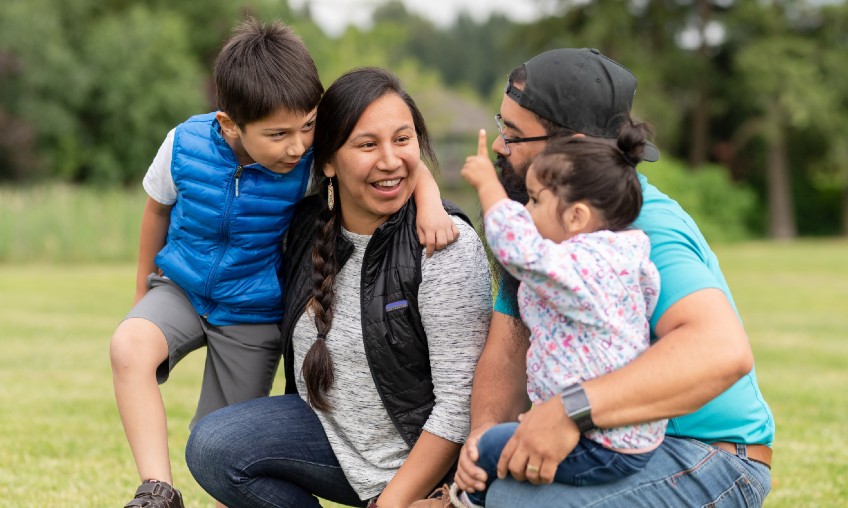
By Jandra Korb, DDS
Two recent reports indicate continued oral health disparities among Native Americans, or American Indians and Alaska Natives (AI/AN), though there are pockets of progress.
A 2023 white paper from the CareQuest Institute for Oral Health notes a persistent disproportionate burden of oral disease, including triple the prevalence of early childhood tooth decay in AI/AN communities compared to white children, and double the likelihood of severe periodontal disease and reports of poor oral health and oral pain for AI/AN adults compared to the general U.S. population. Visiting an emergency department for dental care or mouth pain in the previous year occurs 3.5 times more often among self-identified AI/AN individuals than for those who do not identify as AI/AN.
Results of a recent survey by the Indian Health Service (IHS) Division of Oral Health echo the CareQuest findings, and also show some positive developments. The IHS has conducted surveys since 1984. Its most recent, conducted in 2021 and 2022, included more than 6,300 adults served by IHS, tribal and urban Indian dental clinics across Indian Country.
The recent IHS survey results indicate twice the likelihood of untreated tooth decay among AI/AN adults compared to the general U.S. population, but that gap is narrowing. For example, 62% of adult dental patients had untreated or active dental decay, compared to 18% of the U.S. population in the IHS 1999 survey. Other improvements since then: 16% in adults 35 to 44; 11% in those 45 to 54; and 26% among those 55 years and older.
While AI/AN adults are still more likely to have missing teeth than the general U.S. population (83% compared with 66%, according to CareQuest), the percentage who maintain 20 or more natural teeth has gone up since the time of the first IHS survey. Improvements range from 20% in adults 35 to 44 years old, to 129% in those 55 years and older.
Even amid encouraging news, these results highlight the need for increased access to oral care. Along with highlighting AI/AN oral-health disparities and prioritizing dental care for high-risk individuals, the IHS is promoting integration of oral health into primary care.
It’s also important to recognize the need to increase the ranks of AI/AN dental clinicians. Representation fosters respect and inclusion. Unfortunately, the past decade has seen a sharp decline in the number of AI/AN dental school applicants nationally, according to the American Dental Education Association. The record high of 92 applicants in 2006 dropped to record lows of 16 in 2019 and 19 in 2021, notes CareQuest.
This reduces the probability of receiving care from AI/AN dentists – a matter that may give pause to more than half of AI/AN adults (54.1%) who report being denied health care or oral health care at some point due to discrimination.
Increasing AI/AN students and faculty in dental education settings is a key component of addressing oral health care disparities. This is a priority for DentaQuest, part of Sun Life U.S., where we support national, regional, and grassroots health equity initiatives that increase access to oral care. For example, we sponsored scholarships during the 2023 conference of the Society of American Indian Dentists (SAID) to encourage dentistry careers for AI/AN students. The scholarships allow the pre-dental student award recipients to network with Native dentists at the annual conference to gain insight into what it takes to become successful in the dental program as well as in their future practices. The students receive additional help through preparatory courses for the Dental Admissions Test (DAT), which is a significant barrier to entry for AI/AN students.
Jandra Korb, DDS, joined DentaQuest as dental director after spending more than two decades practicing general dentistry in Vinita, Oklahoma. She spends significant time volunteering within educational and dental realms, and most recently has been serving as a member of the Board of Health for Craig County, Oklahoma. Dr. Korb is a member of the SAID Policy and Legislative Committee as well as a Core Team member for the Native Oral Health Network. Dr. Korb earned her bachelor’s degree in nursing as well as her DDS at the University of Oklahoma Health Sciences Center.

PREVENTISTRY PULSE
The newsletter designed for anyone who wants to improve oral health for themselves, their families, customers or communities.





